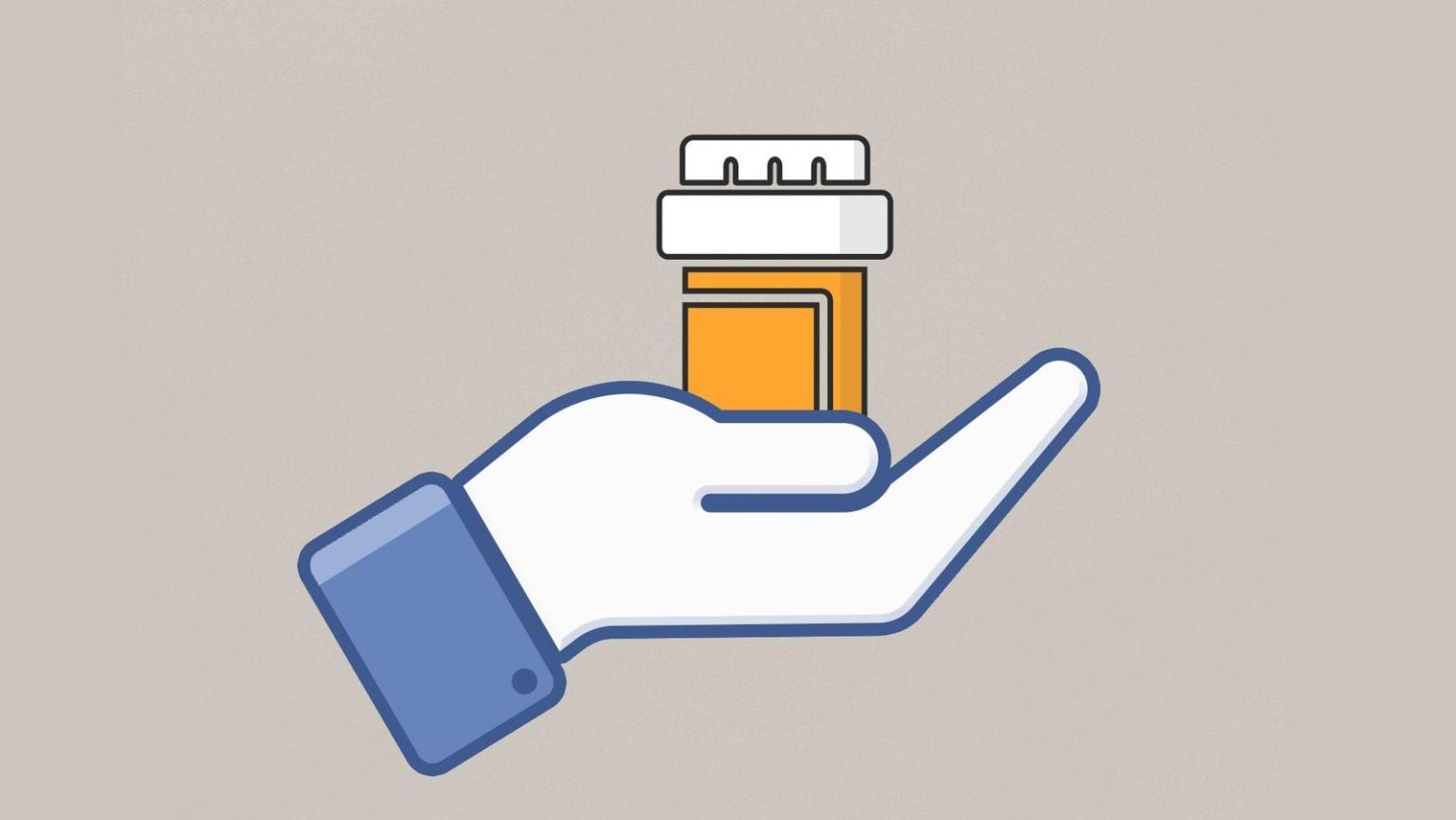In countries where abortion is illegal or restricted, many women turn to social media groups to seek out abortion pills and remedies. These groups provide a platform for women to connect with sellers offering mifepristone, misoprostol, and homemade remedies to terminate unwanted pregnancies. However, many women in these groups face scams and fake pills, adding to their desperation and uncertainty. Despite the risks, nearly 1.8 million members are part of these groups across 76 countries, including countries like Brazil, Kenya, and the Philippines.
In response to the rise of these groups, Facebook has taken action to remove posts and groups related to buying and selling abortion drugs. However, the policing of this activity is challenging, as many groups now use euphemisms to avoid detection. While Meta allows discussions about self-managing abortions on its platforms, the actual sale of drugs typically happens outside of Facebook, with sellers directing potential buyers to contact them on encrypted chat services like WhatsApp. Prices quoted by providers range from $80 to $200 USD, with reputable websites like Women on Web offering combinations of mifepristone and misoprostol for around 70 to 90 euros.
These groups not only offer abortion remedies but also provide advice on using harmful home remedies and warnings about scammers. Some groups contain dangerous advice recommending the use of over-the-counter medication and Coca Cola to induce abortions, despite the risks to women’s health. Additionally, there are instances of coordinated efforts to deceive women seeking care, with larger networks of pages offering “abortion kits” using the same profile pictures, descriptions, and phone numbers across multiple countries.
In countries where abortion is legal, such as South Africa, these groups still flourish, with promises of hand delivery of pills or herbal remedies. Some groups specifically target teen girls or women with difficult abortion needs, leading to instances of repeated scams or later-term terminations. While these groups provide a lifeline for women in need, they also expose them to risks of scams, fraud, and potential legal consequences. The presence of these groups on social media platforms highlights the complexities of accessing safe and reliable abortion care in countries with restrictive laws.


